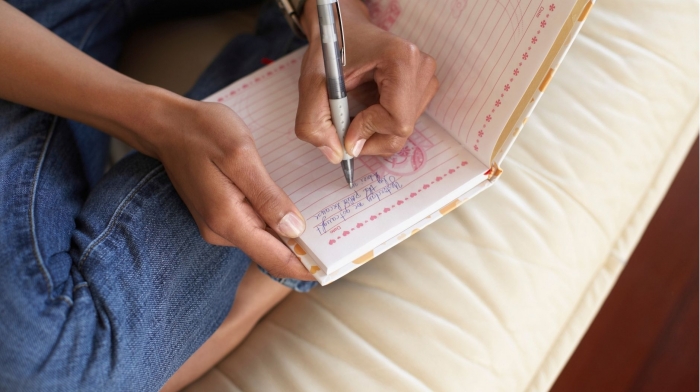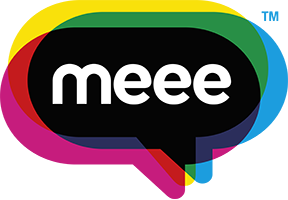Journaling For Mental Health

In times such as these, it’s easy to feel defeated. To lose your way. To wonder about life and our purpose in the world. Sometimes we have to go with these feelings and let them run their course instead of trying to repress our emotions. At other times however, it can be helpful to look at ways to regulate our emotions and for me, journaling helps mental health and acts as a powerful tool to calm the mind.
Having learnt so much about how journaling helps mental health and knowing how it can instantly make me feel better, I pulled out my journal and let my thoughts flow onto the page.
WHAT JOURNALING CAN DO FOR YOU
The beautiful thing about journaling is that there is no right way of doing it, and no wrong way of doing it.
People sometimes tell me ‘I don’t know what to write!’. I encourage them that this is normal. We spend so much time living in our head and dancing around our thoughts, that to actually start to assemble your thoughts and put them down on paper can take a little practice.
Some days you may only feel the need to write half a page. Other times, and especially when you get into the flow of it, you can find yourself writing page after page.
Personally I have found that journaling provides the space to ask myself questions. When I am writing about what I am thinking and feeling, I am able to reflect on why that is the case. To challenge my thoughts and look for ways to reframe what I am feeling. I also find it a wonderful way to soothe myself, to write to myself as my own personal champion or best friend, encouraging me – like a sports coach cheering you on from the side lines.
When you start to journal regularly you will find that the mind becomes calmer. You are less likely to be at odds with your thoughts because you have captured them on paper, and as a result have also helped to process some of the emotion that is attached to those thoughts.
When you have become comfortable with journaling, you will also see opportunities to work on emotional blocks. Most of the time, your emotional responses to situations are simply the result of old conditioned responses based on past experiences and limiting beliefs you still hold true. Journaling can help you to see this, to spot the themes and patterns by which you are running your life. Even creating this level of awareness is extremely liberating.
When you let go of old stagnant emotions and emotional responses, you will begin to create a new inner emotional blue print that empowers to you respond to situations from a different space – a space of calm and clarity, therefore enabling you to change how you behave.
JOURNALING FOR BEGINNERS
The easiest way to begin journaling is to simply start!
Personally I love to journal in a beautiful hardback notebook because I find it adds to the experience. I don’t recommend keeping a journal on your phone or lap top because the brain processes information differently when we write compared to when you type. The brain waves slow down more when you are writing with a pen and paper and that’s what you need to help you process your thoughts and feelings in a much more effective way.
Don’t worry about getting this ‘right’. You don’t have to journal every day. You may find you start with the practice one a week and then build up from there.
I like to journal first thing in the morning with my coffee, but again, there’s no wrong or right time, just do what works for you. I may find myself journaling at the end of the day too if there is something I want to capture about the day.
Ready to take the next step with Meee?
Download the ‘MyMeee’ app (available on iPhone/Apple or Android/Google), explore our books, listen to our 'Just Meee' podcasts and subscribe to our monthly newsletter, ‘Meee Moments’, for exclusive tips, inspiring stories, and updates to keep you on track with your journey!
At Meee, we’re dedicated to inspiring everyone, everywhere, every day to Find, Live, and Give their unique Magic. As Magic Makers, we have the power to transform ourselves, our organisations, and our communities. Together, we can build a better world. Join us on this journey and be part of the change. Just ask@meee.global


